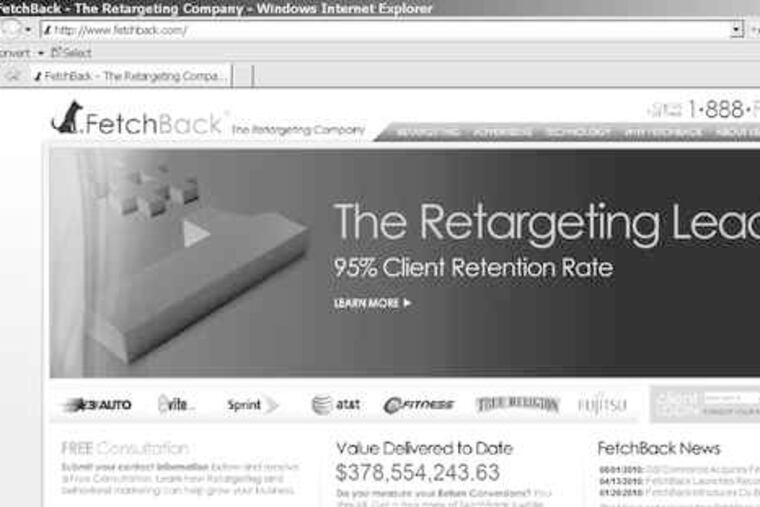PhillyDeals: Financial-overhaul measure nearing completion
After more than a year of arguing over who wrecked the economy and what the government ought to do differently the next time, groups of U.S. senators and representatives are working out the final version of their bank-overhaul law this month.

After more than a year of arguing over who wrecked the economy and what the government ought to do differently the next time, groups of U.S. senators and representatives are working out the final version of their bank-overhaul law this month.
Liberal Rep. Barney Frank (D., Mass.), who heads the group, has agreed to televise proceedings to make it tougher for members to cave in to lobbyists at the last minute, Paul J. Miller Jr., FBR Capital Markets analyst (and ex-Federal Reserve Bank of Philadelphia examiner), told clients.
What's at stake?
Both the Senate and House versions would set up a new consumer financial protection agency. The Senate would make it part of the Federal Reserve; the House would make the agency independent, as President Obama wants it. Miller says the Senate version is more likely to prevail, but the president will get to name the agency's boss.
To avoid more bailouts, both bills would set up regulatory councils to measure "systemic risk" and recommend banks to be broken up because they have become Too Big to Fail.
The Senate version would stop banks from betting on stocks, bonds, derivatives, and private equity. Former Fed chairman Paul Volcker says this would save government-insured lenders from the temptation to rip off their own customers. Miller expects "some form of the Volcker Rule will be in the final bill."
The Senate version also would hold banks to a high standard of conduct when they sell interest-rate swaps, mortgage- backed securities, and other derivatives to states, towns, pension funds, and other taxpayer-backed investors, some of which have complained of being bamboozled into buying toxic investments by greedy bank salesmen. "The House version is not as strong," writes Miller.
The House would allow state attorneys general to aggressively prosecute banks that they believe have violated state consumer laws. Miller expects compromise will favor the more moderate Senate version, which still allows states to make some rules tougher than federal limits.
Congress is also likely to approve a last-minute Senate provision that would force Visa and MasterCard to ease their rules and let merchants offer cash discounts, as well as limit debit-card fees. Miller says it will be "extremely difficult" to prevent such changes in today's bank-skeptical mood.
Wait, don't leave
GSI Commerce Inc., the King of Prussia company that runs retail websites for Ace Hardware, Dick's Sporting Goods, the NFL, Ralph Lauren, Timberland, and hundreds more, has bought FetchBack Inc., a Tempe, Ariz., ad "retargeting" firm that doesn't take no for an answer from online shoppers.
"Retargeting technology tracks what categories [and] products consumers have viewed" on a website and sends them special- offer advertising for items they looked at but didn't buy, Janney Capital Markets analyst Shawn Milne told clients in a report.
GSI won't say what it is paying; probably less than $20 million, Milne says. The deal gives GSI the services of FetchBack founder and boss Chad Little and 50 other mostly Arizona-based employees, who will report to GSI marketing boss Chris Saridakis, GSI spokeswoman Ellen Von Eck told me.
Charity marketing
The nonprofit Leukemia & Lymphoma Society of New York said Tuesday that it would "provide up to $10 million in funding" for clinical trials to help get Newtown- and Lawrenceville, N.J.-based Onconova Therapeutics Inc.'s drug Estybon to market.
The drug is designed to fight myelodysplastic syndrome (MDS), a bone and marrow cancer that afflicts 70,000 Americans. Onconova, started by cancer researcher Prem Reddy in 1998, employs 30 in Newtown and Lawrenceville and at the Armed Forces Radio Biology Research Institute in Bethesda, Md.
"It's a new trend that nonprofits have entered the fray and supported commercialization," Onconova chief executive Ramesh Kumar told me. The society urged Onconova to apply for its millions after a positive Estybon presentation by doctors from the National Institutes of Health at the American Society for Hematology conference in New Orleans last winter.